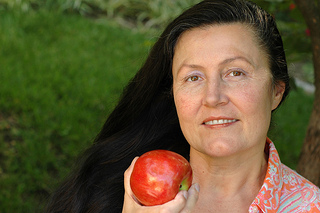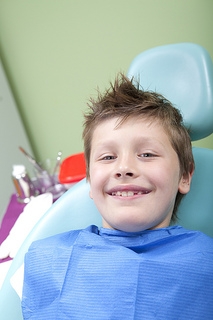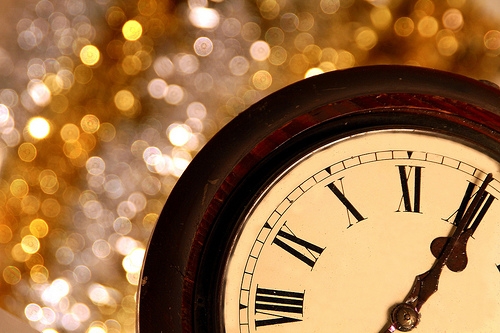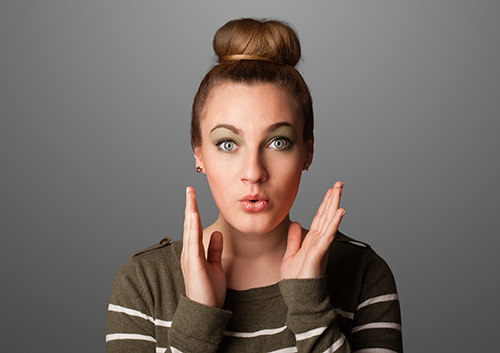I’m on a diet and getting MORE cavities!
January 13th, 2016

Health gurus rave about replacing unhealthy food choices with healthy ones in your diet. If you want to maintain your beautiful smile as well as your waistline, choose foods that are good for your teeth and good for losing weight. This article will discuss some of the worst healthy foods for your teeth and gums, and what you can do to continue to enjoy them.
When watching your weight, snacks heavy in sugar and starch are the first target for elimination. You want to trade those empty calories for something with more nutritional value. A healthier snack is fruit and vegetables. When you are substituting empty calories with whole foods such as fruits and vegetables, consider a few implications for your dental health.
The most acidic fruits are grapes, grapefruit, and strawberries. Want to know the number-one worst healthy food for your tooth enamel? Apples! An apple a day may keep the doctor away but you may soon be calling your dentist.
Another healthy food often incorporated into dieting is salads. But consider what you put in those salads. Salad dressings are filled with vinegar and sweeteners. These make a salad very acidic and can change the pH of your mouth from alkaline, which is good for your teeth and gums, to acidic, which puts your smile at risk for erosion and decay.
Last but not least is diet soda. You might be cutting down on the calories but you are still putting your teeth at risk for decay. Though calories are reduced, the acid is not.
You do not need to eliminate any of these foods from your diet. Simply alter what you do after eating these foods to decrease the amount of acid your teeth are exposed to.
During your next visit to Keldsen Family Dental Care in our Bend, OR office, we can discuss your diet. We may recommend using certain products to fortify your teeth or change the way you routinely care for your teeth.
Please enjoy the wonderful whole foods that are great for a healthy waistline. A healthy waistline and a healthy smile have a positive influence on your general health. A healthier you is a happier you. The happier you are, the more you smile. Keep your smile brilliant and beautiful with the care your teeth deserve at the practice of Dr. Keldsen.



